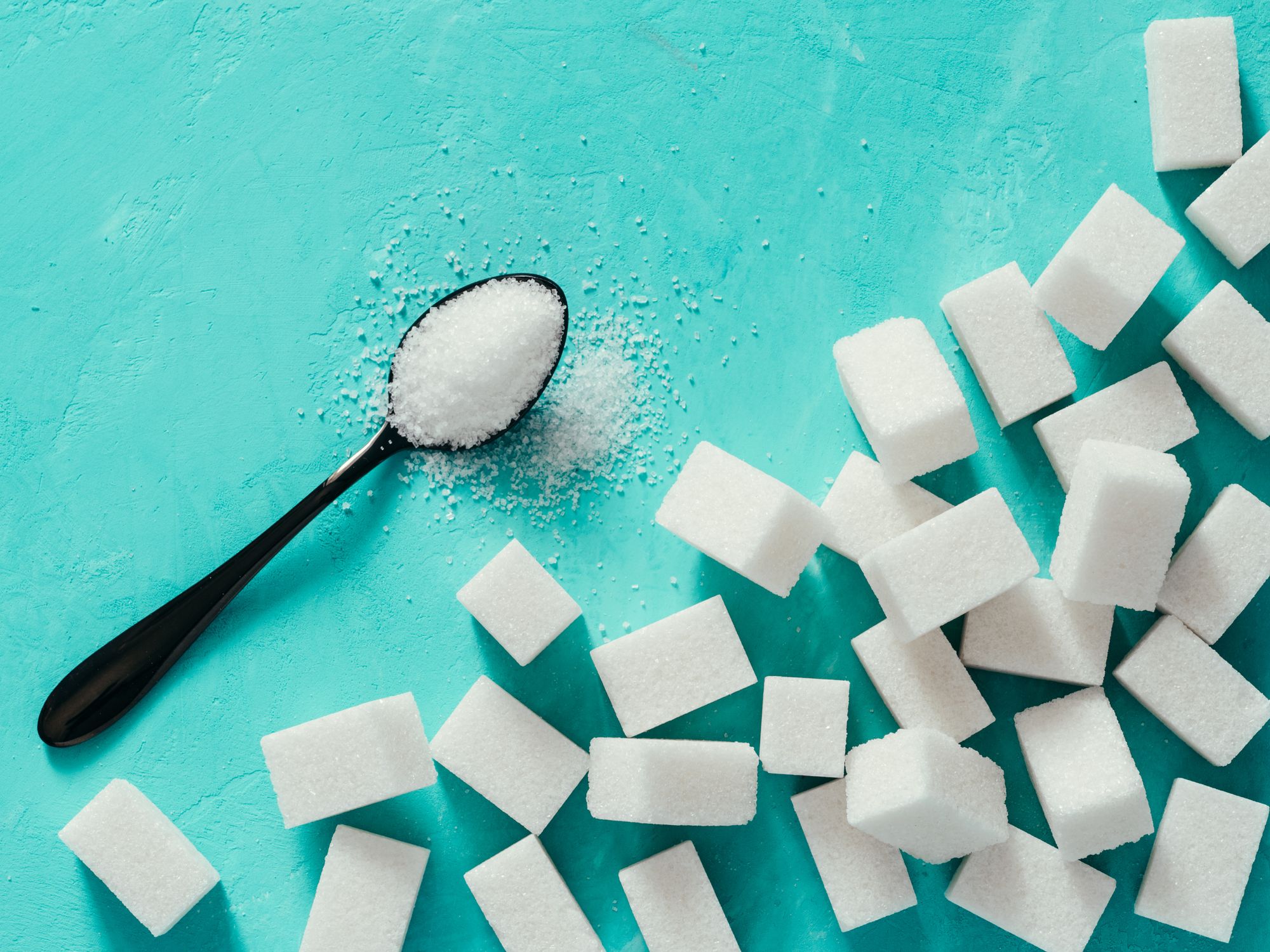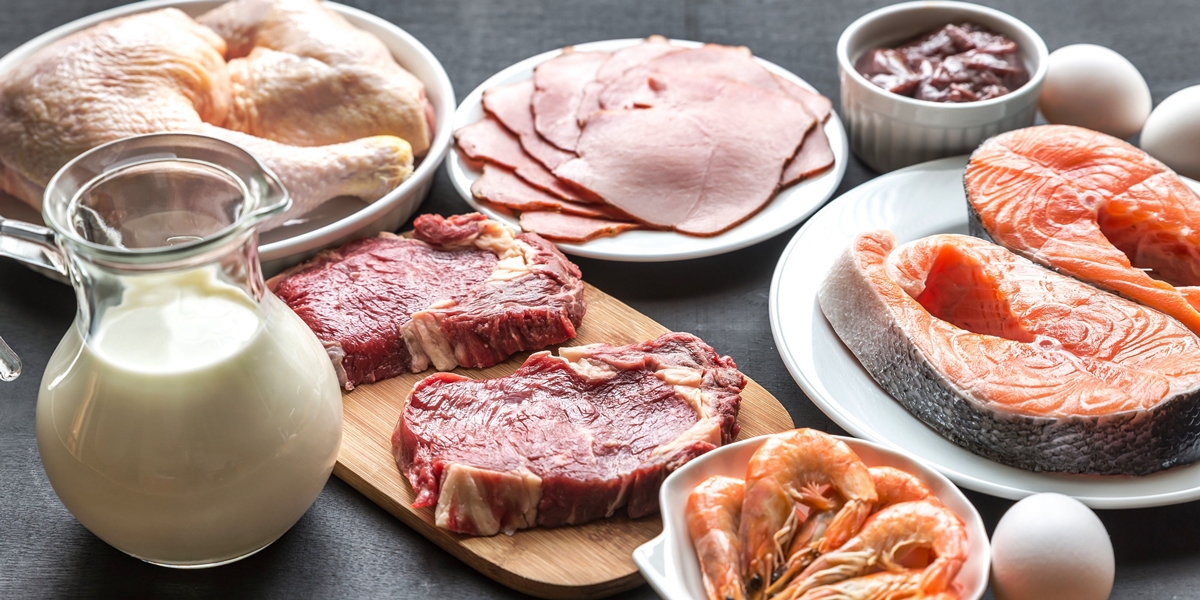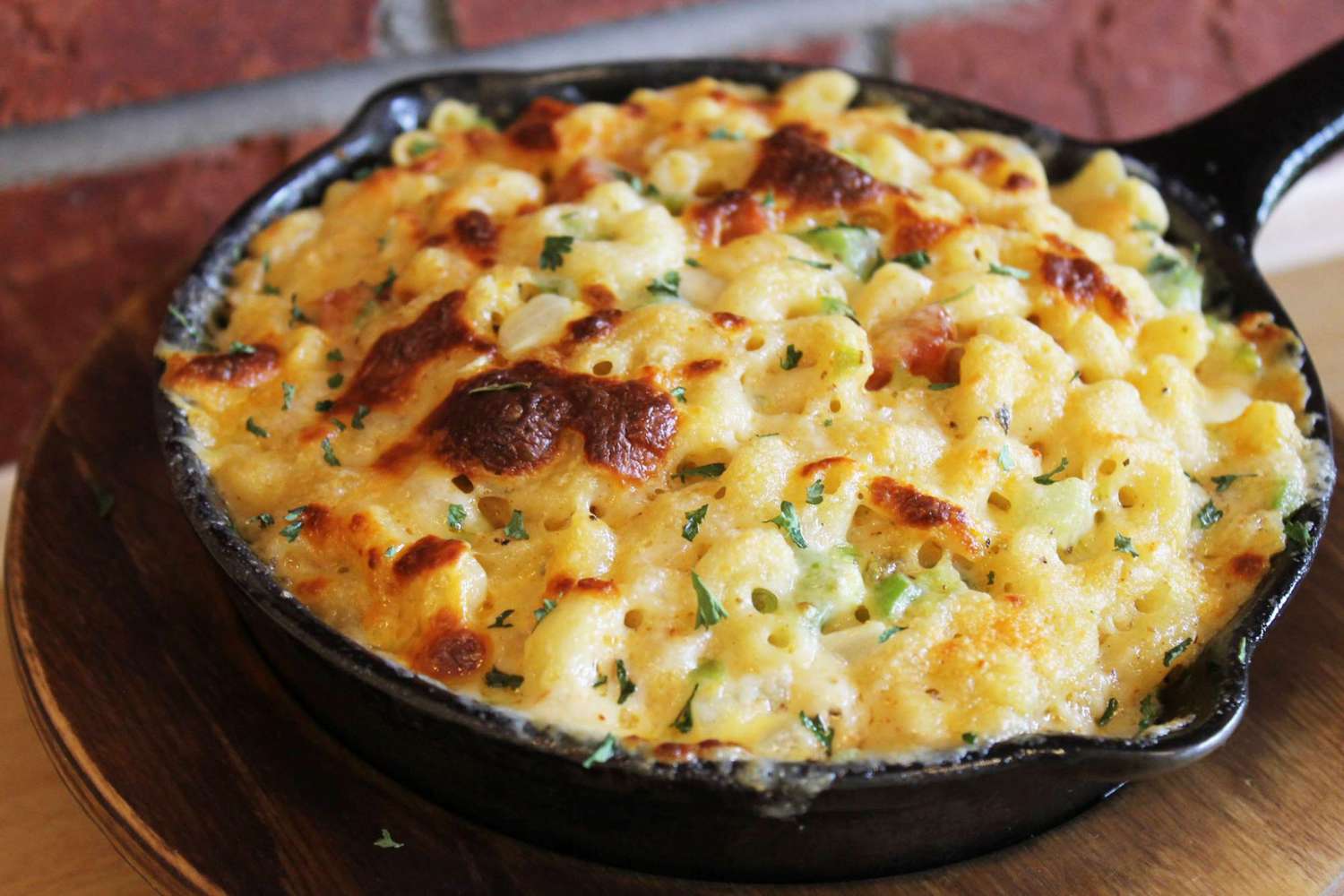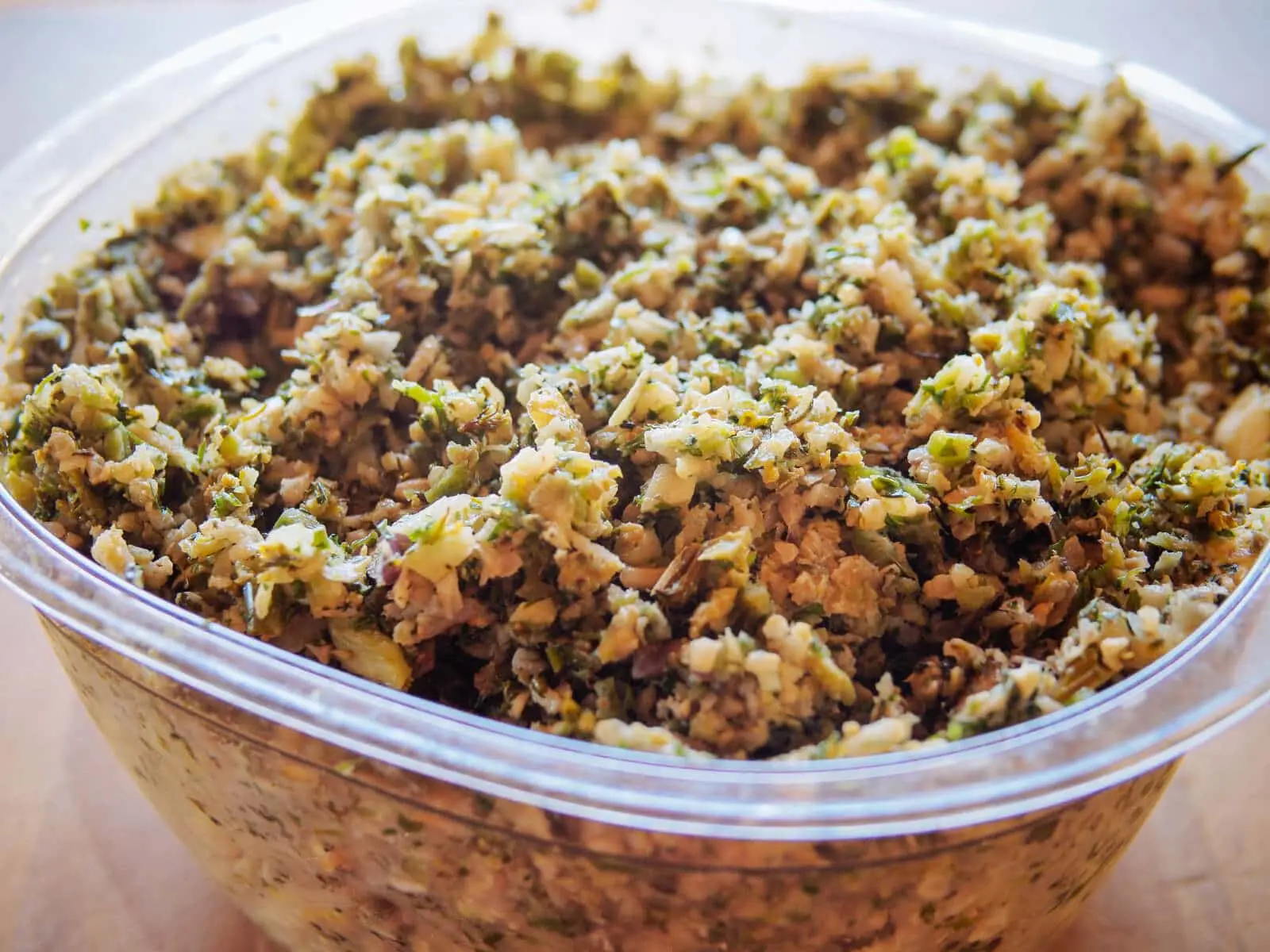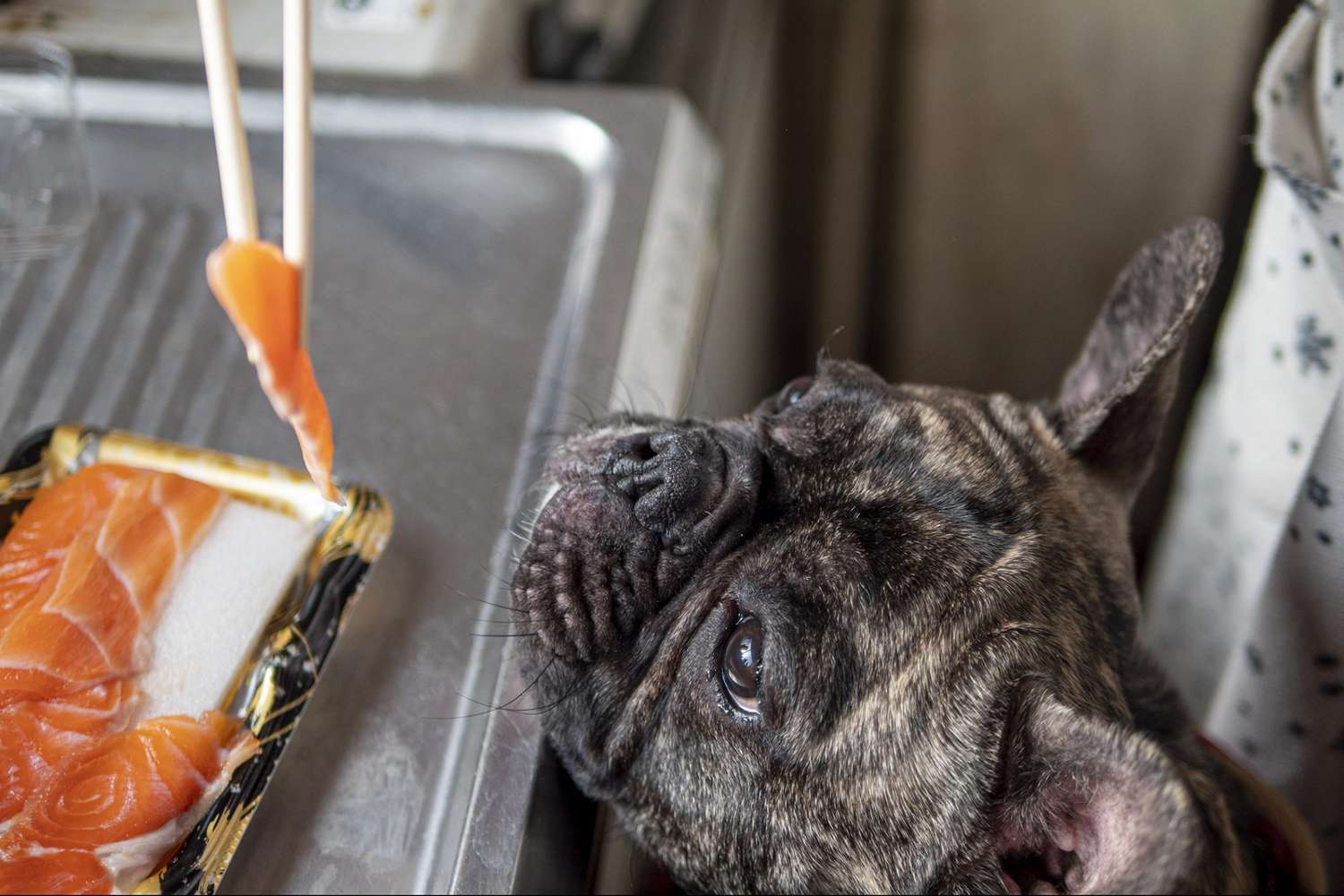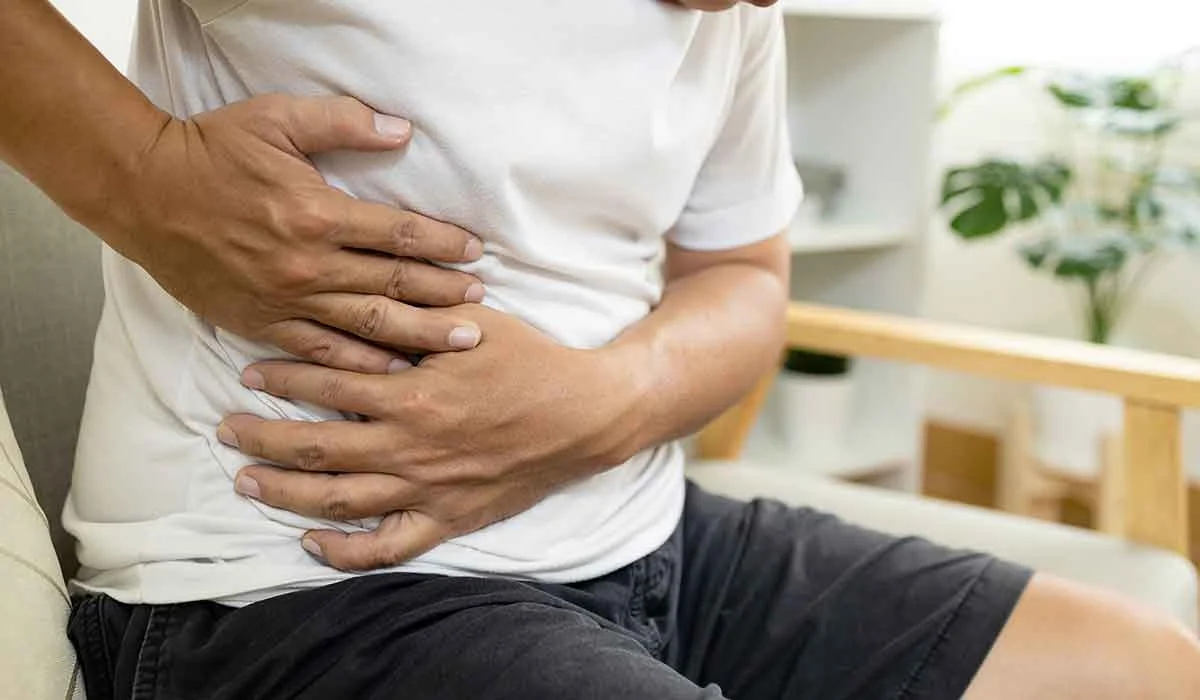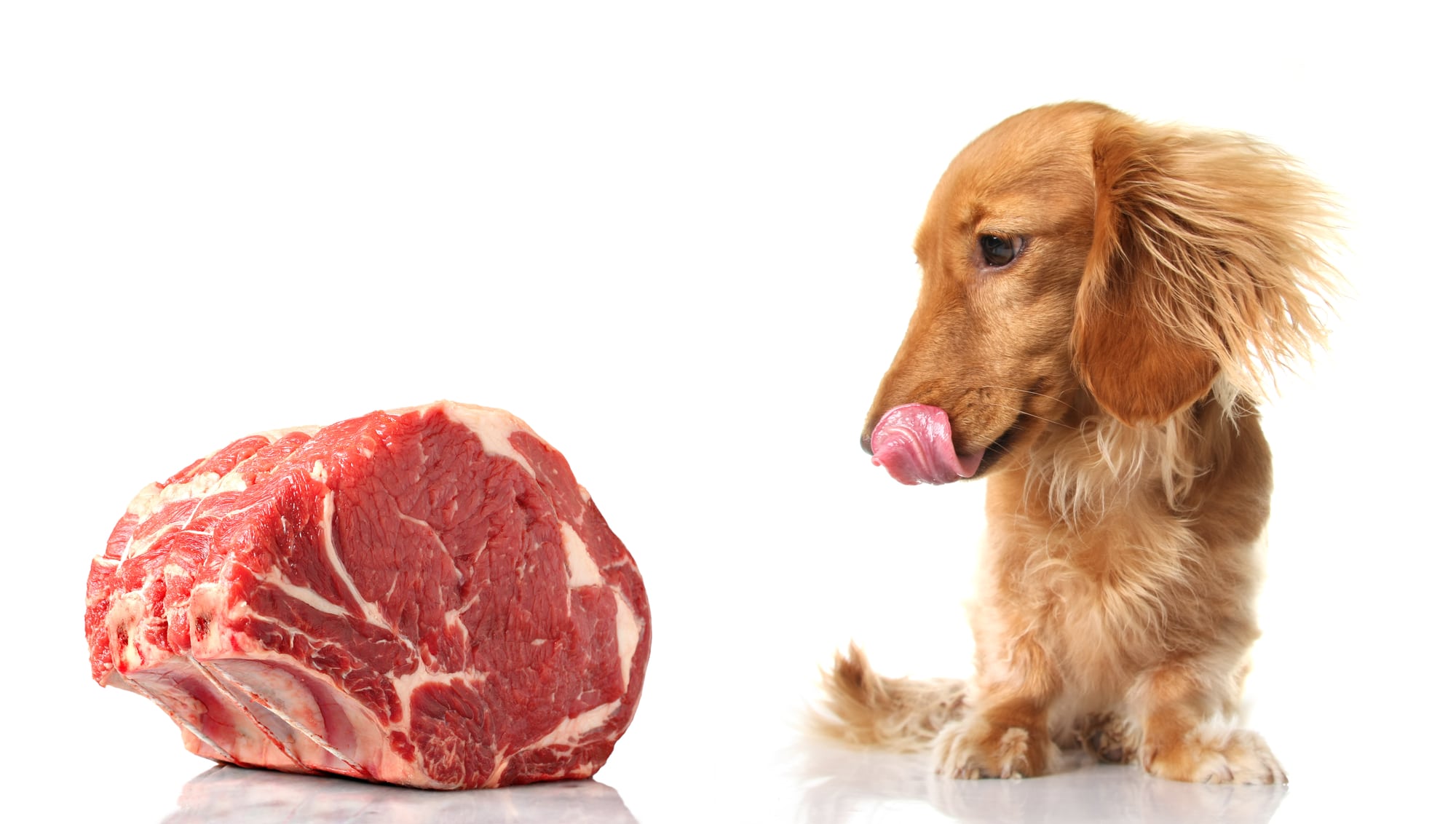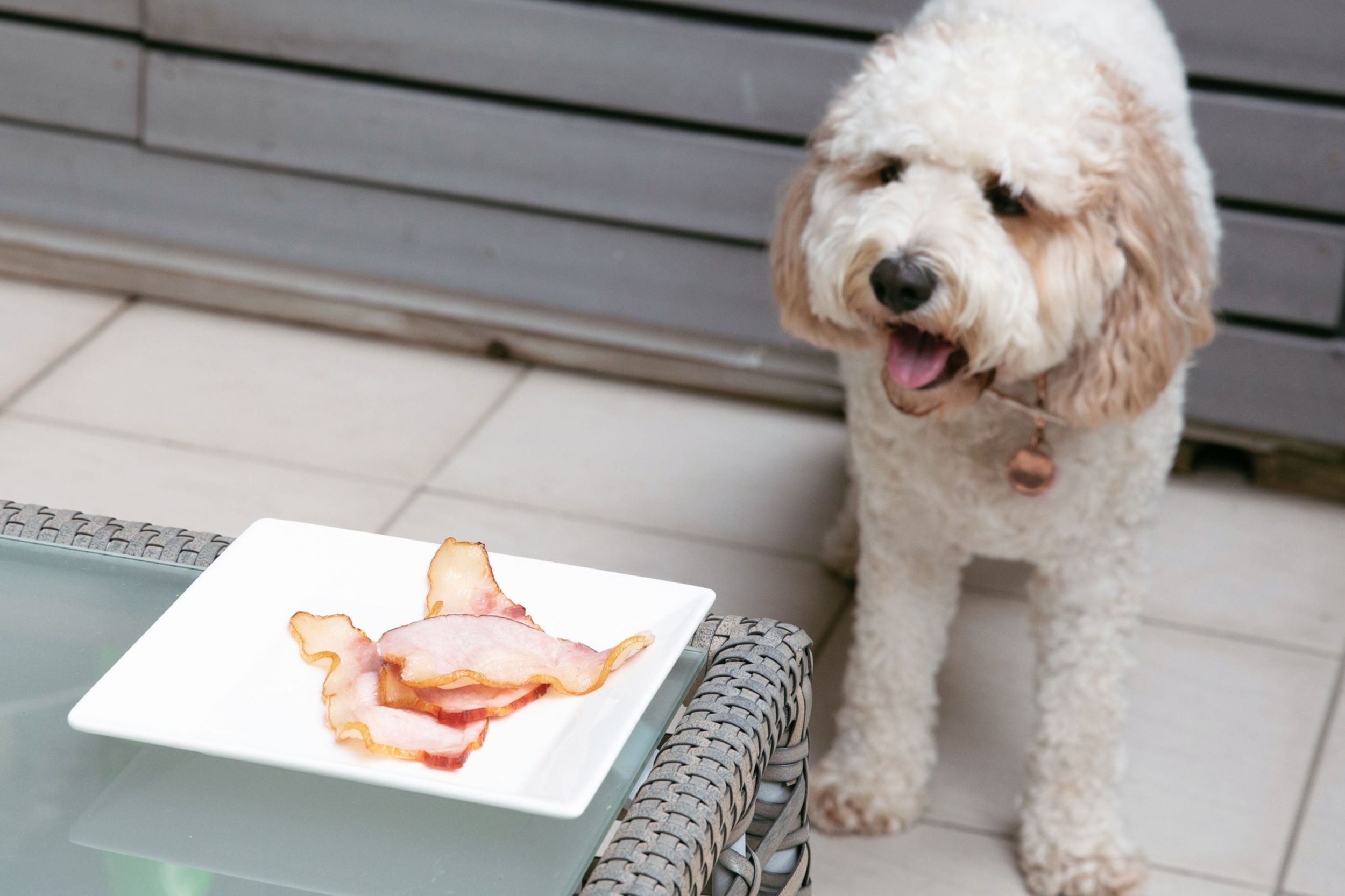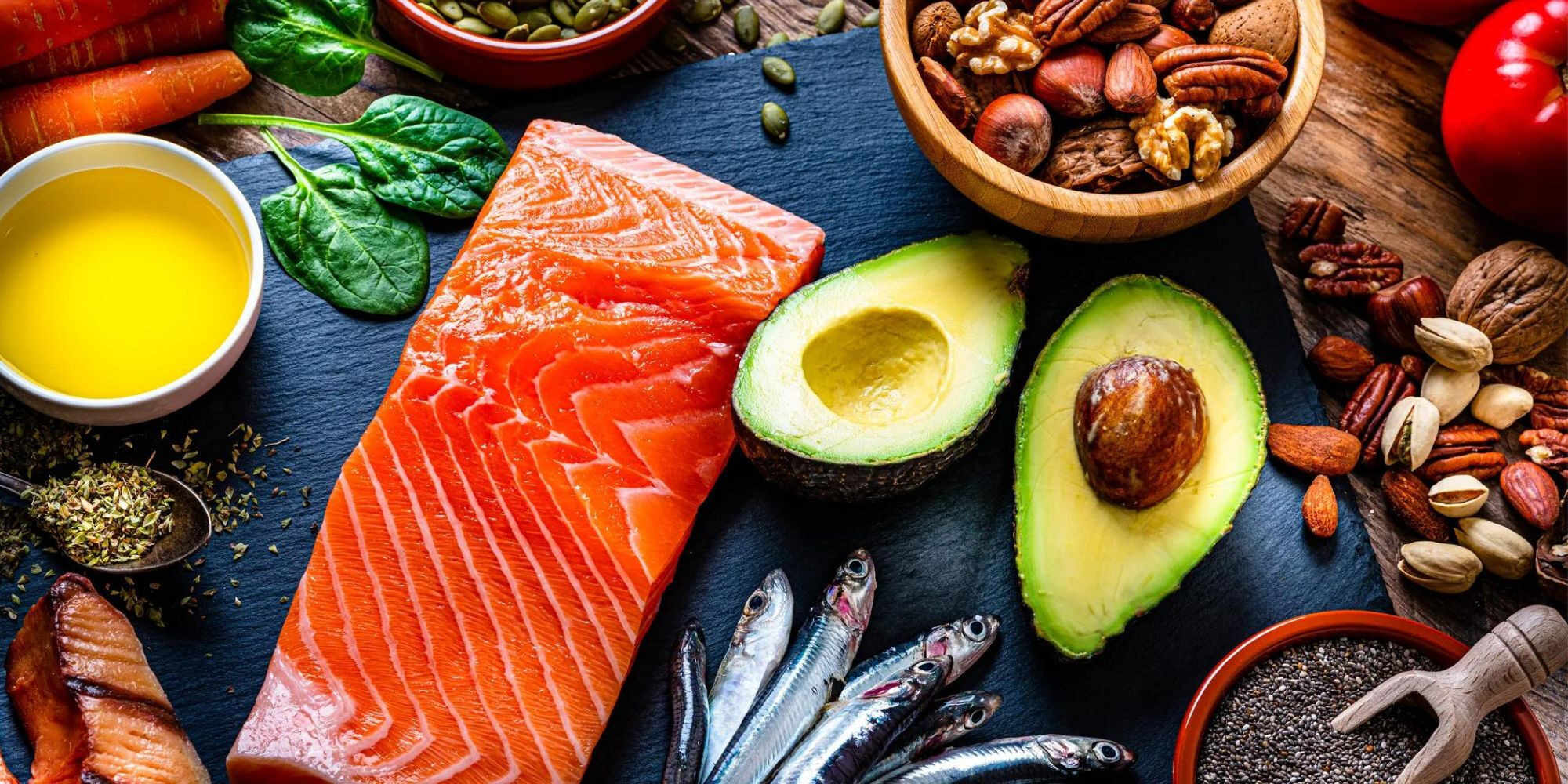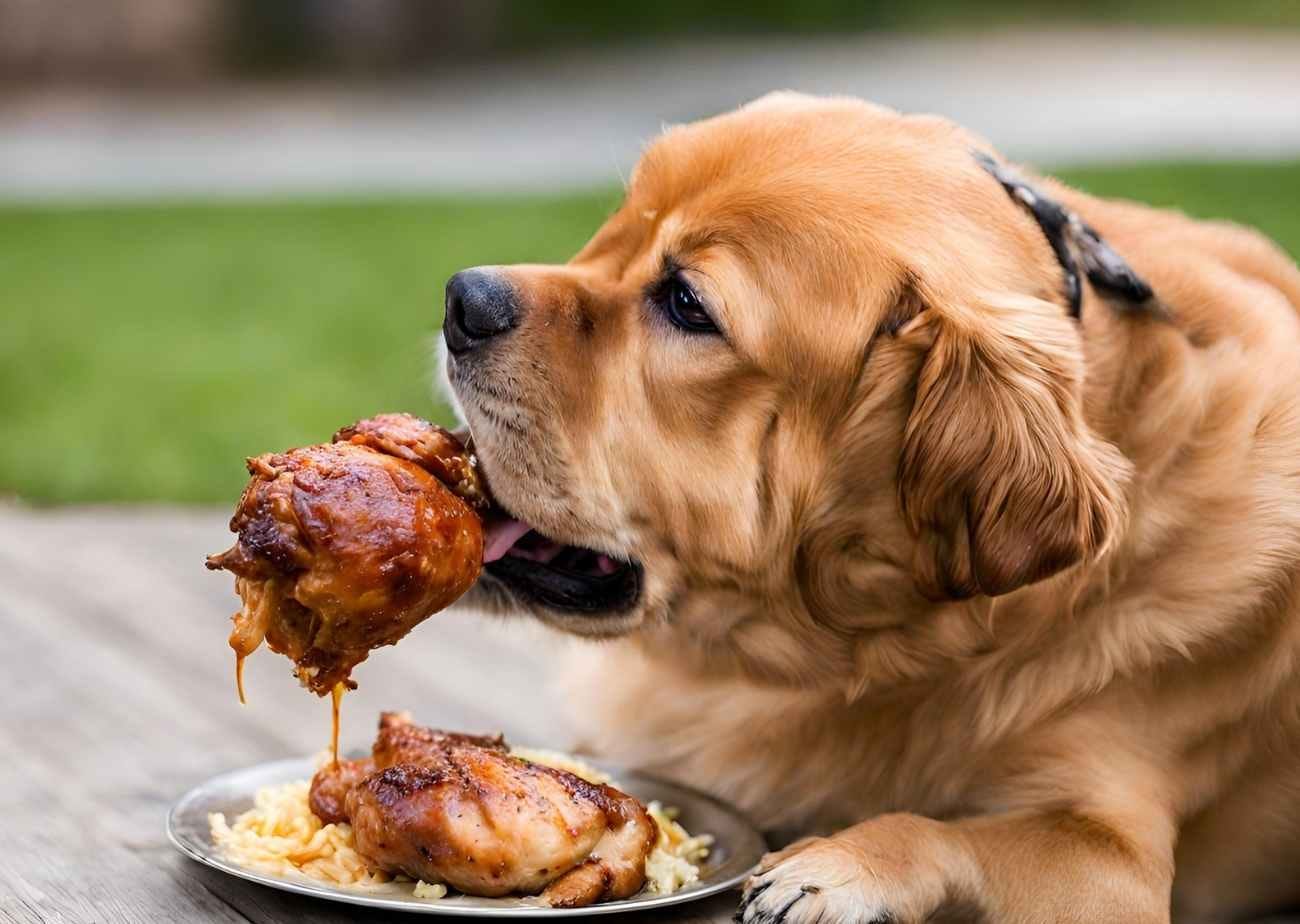When dealing with a pancreatitis attack, it's crucial to be mindful of what you eat in order to alleviate symptoms and promote healing. Making the right food choices can help manage the condition and reduce discomfort. Here are some tips on how to eat for a pancreatitis attack:
Stick to a Low-Fat Diet
One of the most important dietary considerations for pancreatitis is to limit your intake of fat. Consuming high-fat foods can exacerbate symptoms and put strain on the pancreas. Instead, focus on incorporating low-fat options into your meals.
Choose Lean Proteins
Opt for lean sources of protein such as skinless poultry, fish, and legumes. These options are easier for the body to digest and are less likely to trigger inflammation in the pancreas.
Emphasize Fruits and Vegetables
Incorporating a variety of fruits and vegetables into your diet can provide essential nutrients while being gentle on the digestive system. Aim to include a colorful array of produce to ensure you're getting a range of vitamins and minerals.
Avoid Spicy and Fried Foods
During a pancreatitis attack, it's best to steer clear of spicy and fried foods. These can be irritating to the digestive system and may worsen symptoms. Opt for milder, bland options that are easier on the stomach.
Opt for Small, Frequent Meals
Instead of consuming large meals, consider eating smaller, more frequent meals throughout the day. This approach can help prevent overloading the digestive system and may reduce discomfort.
Stay Hydrated
Proper hydration is essential for overall health, especially during a pancreatitis attack. Aim to drink plenty of water throughout the day to stay hydrated and support your body's functions.
Limit Alcohol Consumption
Alcohol can be particularly taxing on the pancreas, so it's important to limit or avoid alcohol altogether during a pancreatitis attack. Opt for non-alcoholic beverages and be mindful of hidden sources of alcohol in certain foods and drinks.
Consult with a Healthcare Professional
It's crucial to work closely with a healthcare professional, such as a dietitian or nutritionist, to create a tailored eating plan that suits your individual needs. They can provide personalized guidance and support to help you navigate dietary choices during a pancreatitis attack.
Conclusion
Eating for a pancreatitis attack involves making mindful choices to support your body's healing process and alleviate symptoms. By focusing on a low-fat, nutrient-rich diet and avoiding potential triggers, you can help manage the condition and promote overall well-being. Remember to consult with a healthcare professional for personalized guidance and support.


